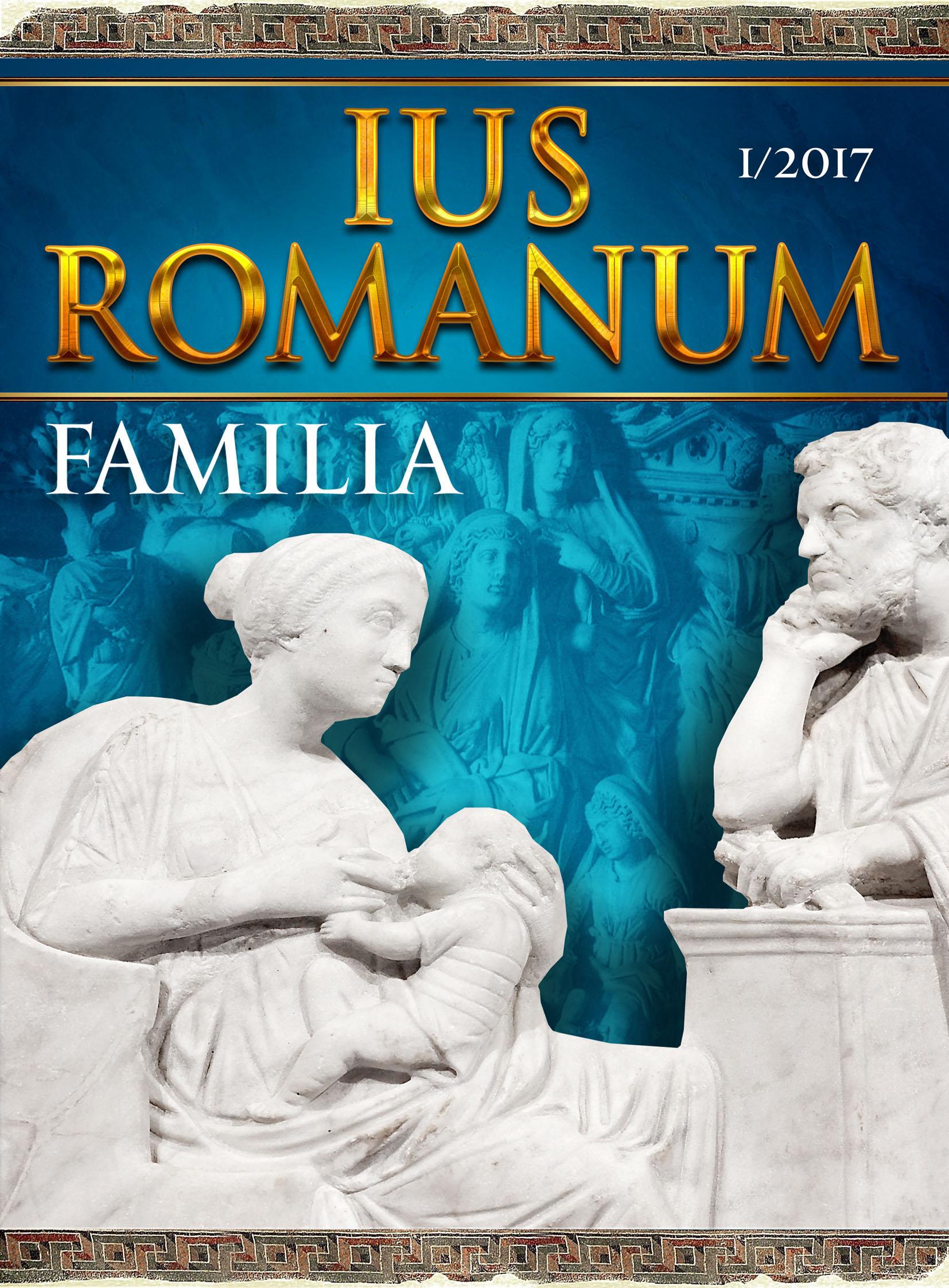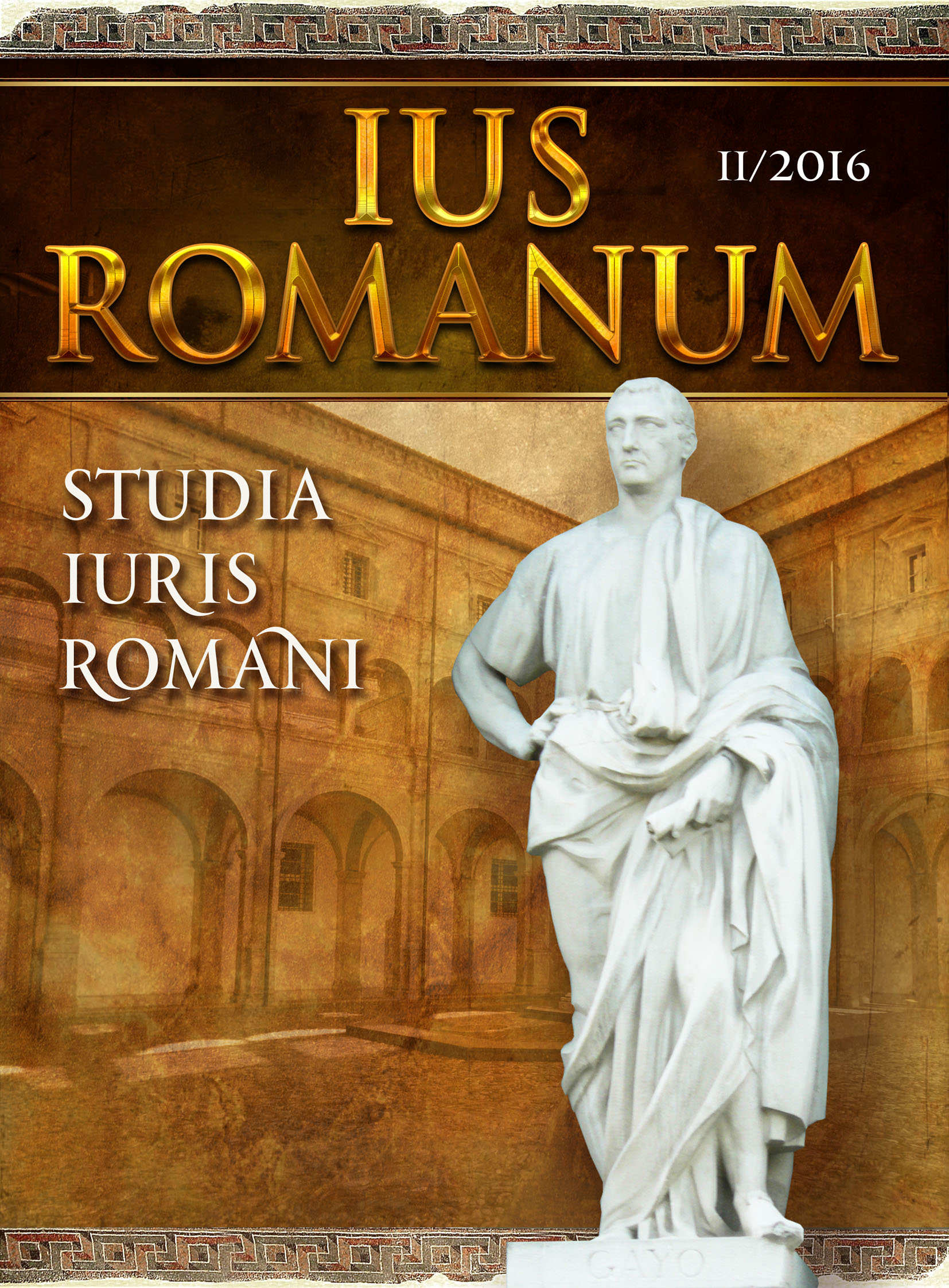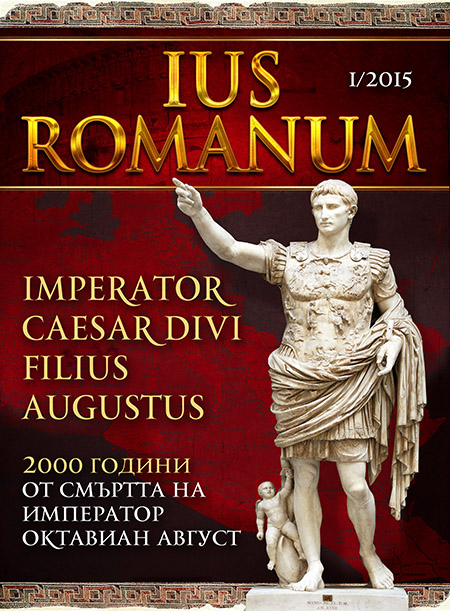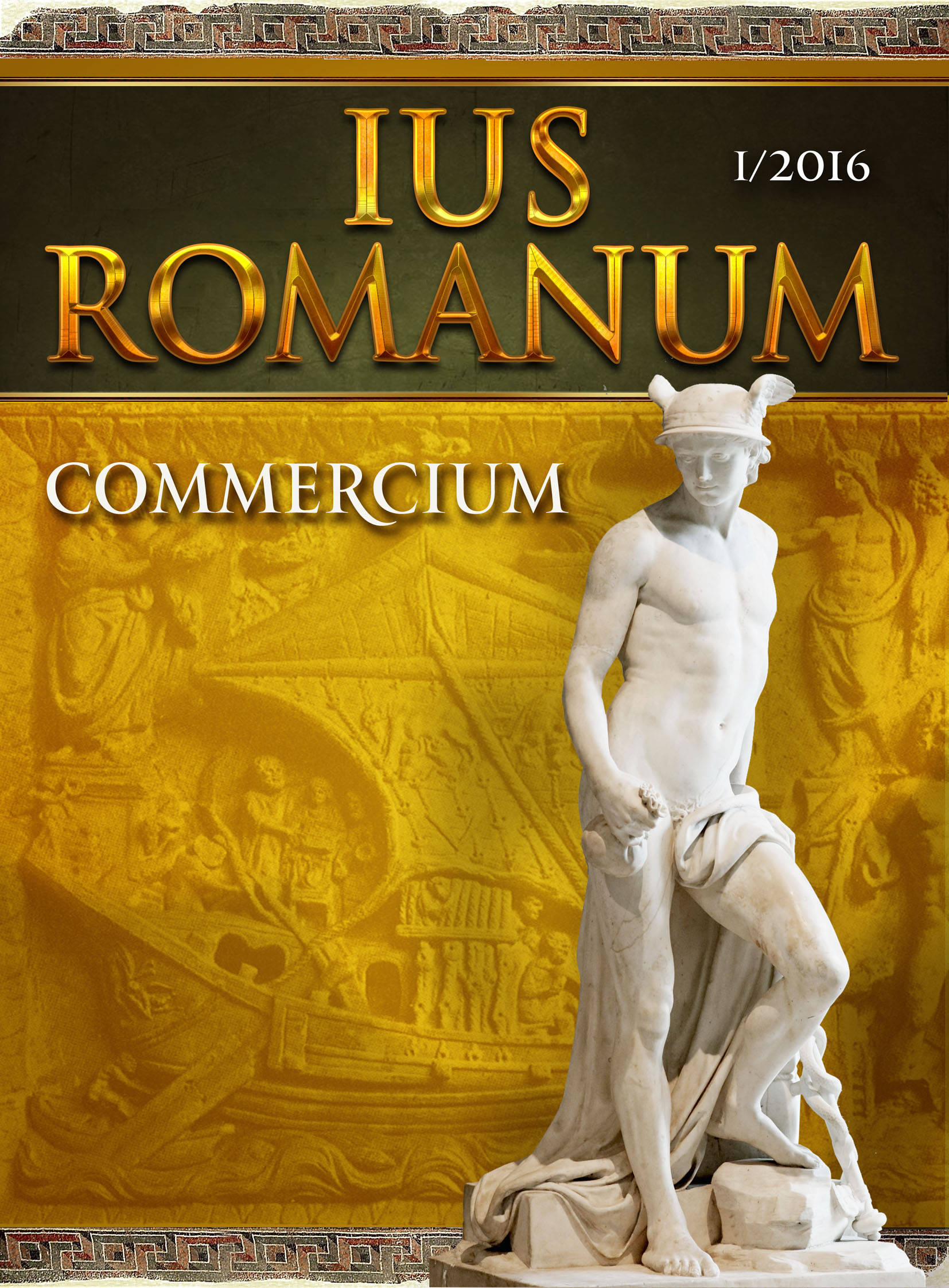Author(s): Marija Ignjatović / Language(s): Bulgarian
Issue: 2/2016
The origins and transformation of juridical knowledge in the sources of law was a long process in Rome. It took place throughout the whole history of the Roman state, starting with the pontiffs, under whose exclusive ju-risdiction was this matter, over jurisprudents (Casuist), who were seeking the best solutions for specific cases, all the way to classical Roman jurists whose opinions at the time of the Dominate become an integral part of the Imperial commands and as such the main source of law. Therefore, not all periods in the development of the Roman state were suitable for the development, implementa-tion and interpretation of the law. It is normal that the insufficient development of the overall socio-economic situation, the first period of the Roman Empire was not adaptable to the conditions of a developed society. However, the more organized Roman society was and as legal norms were more applied in judicial and other proceedings, the more occurred the need for the creation, interpretation and implementation of the law by recognized scientist and specialized expert on the law (lawyers). Therefore, when we talk about the periods in which the Roman law has developed to the point that it served as the foundation for the construc-tion of modern law, we, first of all, think of the third and fourth period of the Ro-man law, precisely the right of the classical period, in which the Roman jurists laid the foundations of jurisprudence, and the right of post-classical period, in which all knowledge of classical Roman jurists was merged into a large codification, the Justinian codification. Precisely, knowledge of Roman law in these peri-ods, its basic principles and postulates is a necessary prerequisite for under-standing the principles of justice and equity, all of which, it seems, today we are distancing ourselves from.
More...




